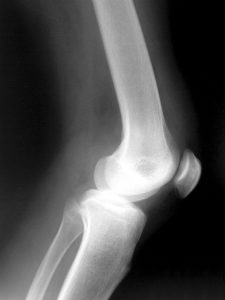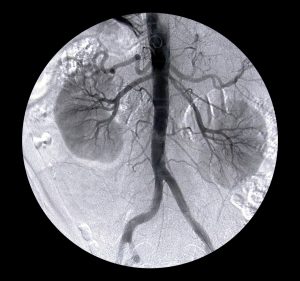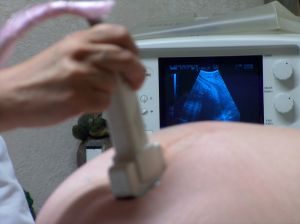A patient who suffered a leg amputation was recently awarded nearly $5 million in damages in a Florida medical malpractice lawsuit against a doctor he alleged was negligent in failing to act quickly, given his medical condition.
Failure of an on-call physician to timely and completely respond to a call of a patient in distress with a potentially serious condition could be grounds for medical malpractice. If you believe a doctor’s failure to properly treat your condition may have fallen outside the scope of the accepted standard for medical care, our South Florida medical malpractice attorneys may be able to assist.
According to the Daily Business Review, jurors in Polk County delivered the verdict in favor of a plaintiff whose leg was amputated in 2013, when he was 61-years-old. Defendant was an on-call vascular surgeon at a hospital in Winter Haven who was allegedly negligent in treating plaintiff’s condition, which was acute lower-leg ischemia. Medical researchers characterize this condition as one that develops quickly when there is a sudden decrease of blood flow to a limb, resulting in a potential threat to the viability of that limb. Not only is one at risk for a possible amputation, patients are also at heightened risk of death because the condition results in issues that impair both heart and liver function, in some cases releasing highly toxic free radicals that further compromise critically ill patients. Medscape notes that therapeutic choices in these situations are often few, usually requiring surgery.
In this case, before the 10th Judicial Circuit Court in Polk County, plaintiff alleged it was the surgeon’s delay in ordering the surgery – and not the underlying condition itself- that necessitated the removal of his leg. Had the physician acted with the urgency plaintiff’s condition required, the amputation would not have been needed. Instead, plaintiff alleged his condition could have been treated with something called an embolectomy, which is the surgical removal of the emobolus or emboli, or the blockages affecting blood circulation. Continue reading

 South Florida Injury Lawyer Blog
South Florida Injury Lawyer Blog










